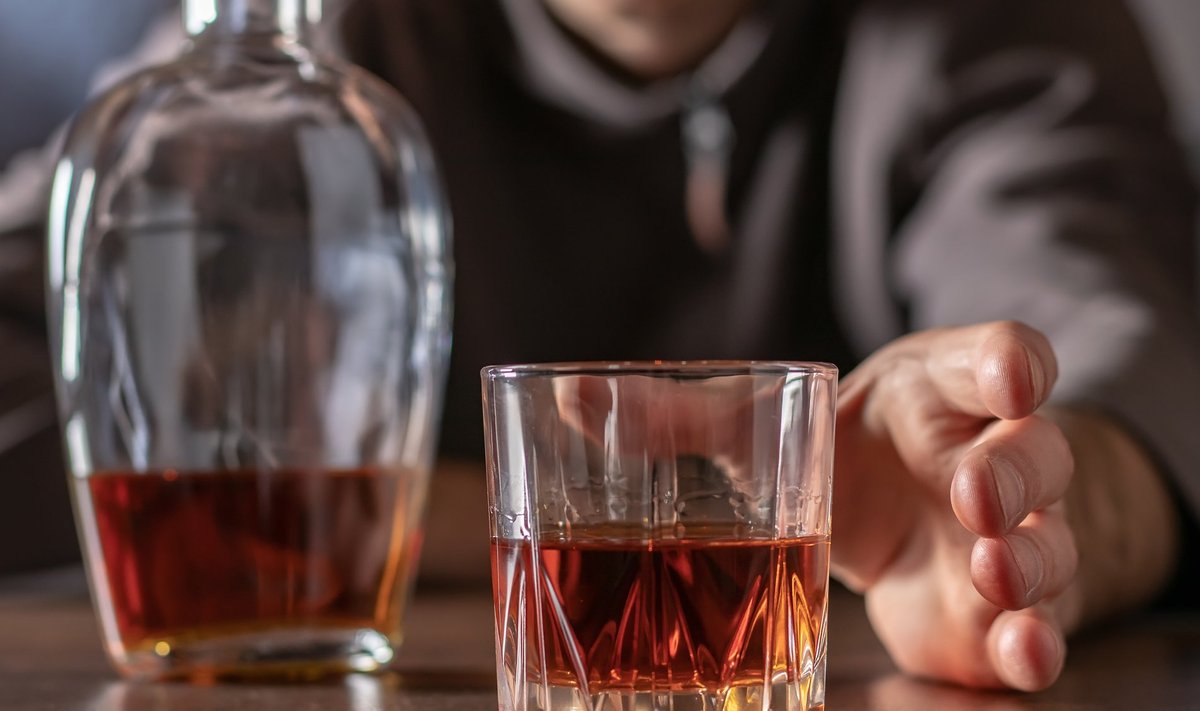“The aim of the minor amendments to the Law on Alcohol Control is to reduce bureaucracy and allow companies involved in this business to operate more freely. The amendments will also facilitate competition and further level the playing field for companies selling various alcoholic beverages at fairs, exhibitions and mass events,” said Aušrinė Armonaitė, Minister of the Economy and Innovation, is cited as saying in the ministry’s press release.
Currently, different legal regulations restrict or prohibit the sale of alcoholic beverages at different public events. This privileges one production method over another and distorts competition. It also limits the opportunities for businesses to participate in public events. It also creates obstacles for businesses to present and promote their products, which is particularly important for small producers.
“We are constantly looking for ways to reduce the administrative and regulatory burden on business. One way of doing this is to improve the law. Therefore, by implementing the amendments to the Law on Alcohol Control and thus reducing the administrative burden, we will enable businesses to save money and improve the regulatory environment,” said Ieva Valeškaitė, Deputy Minister of the Economy and Innovation.
The amendments create a level playing field for businesses selling various alcoholic beverages at fairs, exhibitions and mass events. The changes will allow them to sell alcoholic beverages up to 15 degrees. Currently, only beer and cider up to 7.5 degrees can be sold at fairs, exhibitions and mass events. In addition, businesses could sell other alcoholic beverages such as wine, low alcohol cocktails and liqueurs.
The amendments also clarify what does not constitute alcohol advertising. Alcohol advertising would not include alcohol-related information published on online platforms such as Bolt Food. These platforms are currently required to obtain a licence for the retail sale of alcoholic beverages, even though they do not directly sell alcoholic beverages themselves, but their partners who use the services do.
In addition, it is proposed to exclude from alcohol advertising information on food and drink pairing, awards received by companies, technologies and traditions for the production of alcoholic beverages.
There is currently an absolute ban on alcohol advertising, so that only permitted information on labelling, country of origin or producer can be published. This information is only published on the official websites of producers and retailers of alcoholic beverages.
The amendments also clarify the rules allowing gifts of alcoholic beverages for promotional purposes, i.e. to establish or improve business relationships. However, the general prohibition on giving alcoholic beverages as an inducement to consumers remains.
It is also proposed to allow tastings on the premises where alcoholic beverages are produced. Currently, tastings are only allowed at fairs and exhibitions.
The above amendments to the Law on Alcohol Control will be submitted to Parliament for consideration.

